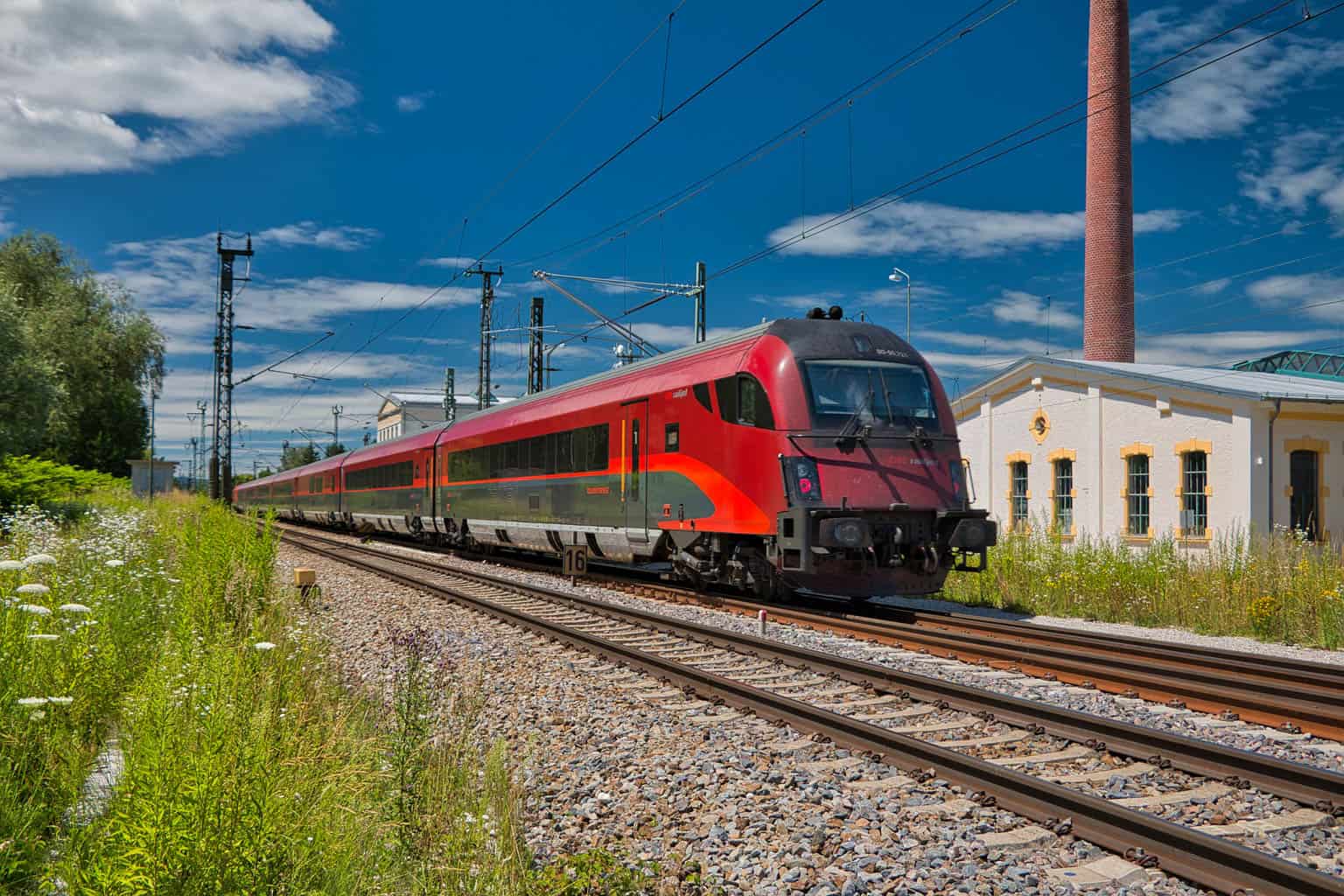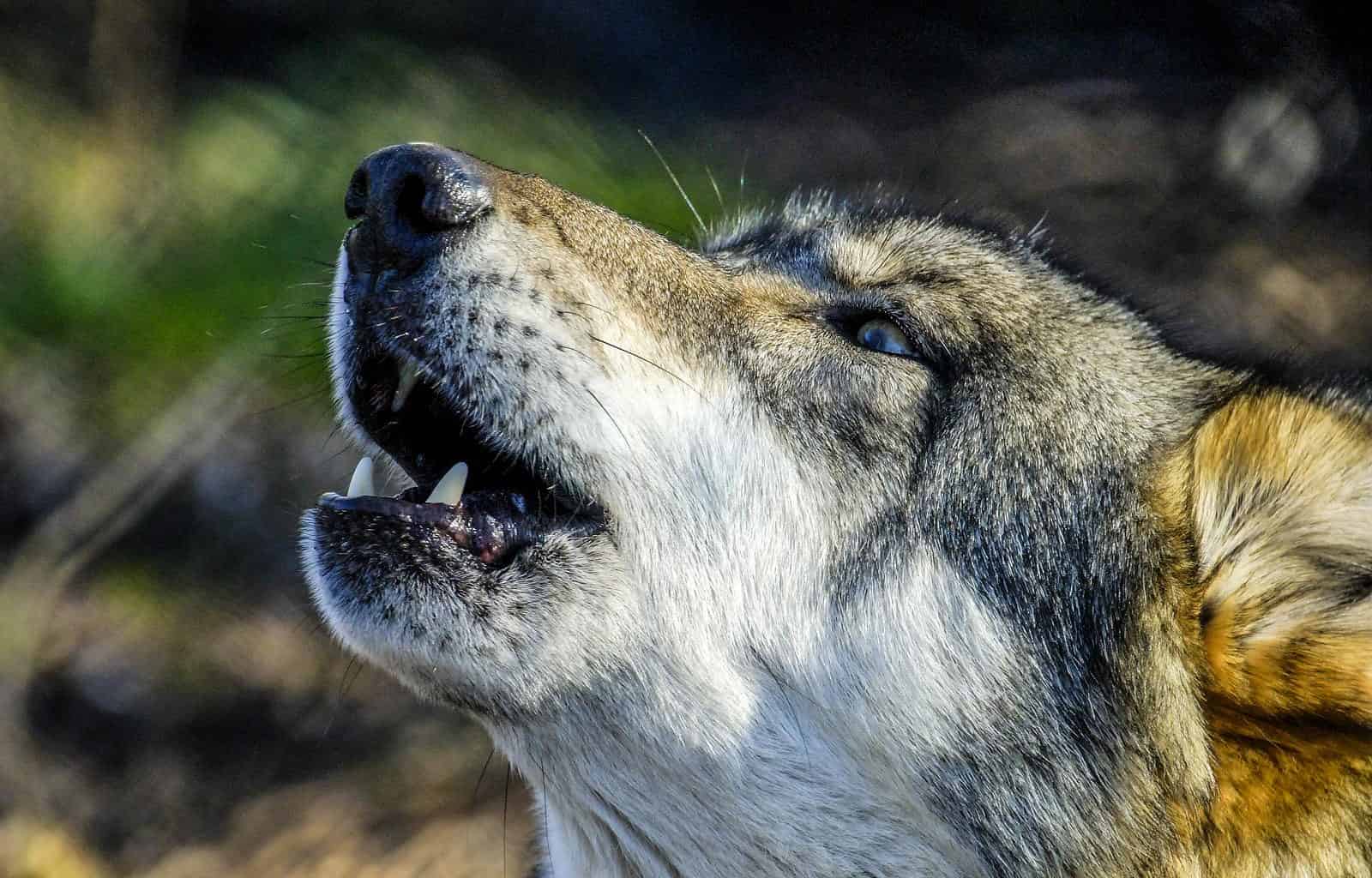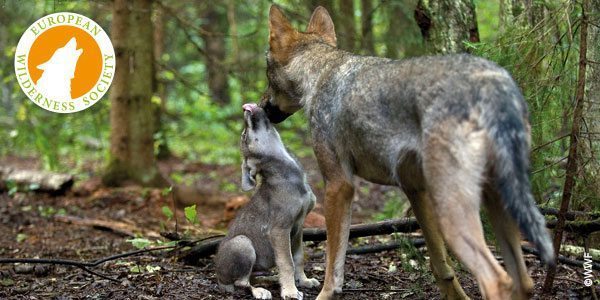Öbb goes glyphosate-free: a win for Apollo!
What is glyphosate?
Glyphosate is the active ingredient used in herbicides. It is used for example in Roundup, from which you may have heard because it is a globally used and discussed herbicide. Glyphosate is a chemical compound that inhibits a certain enzyme in plants and is used to kill plants that are seen as weeds, especially in agriculture. Agricultural crops can be genetically engineered to be glyphosate-resistant, enabling farmers to use it without damaging their own crops. But it is also used in, for example, home gardening and weed control by local governments in cities and villages.
Glyphosate was first brought to the market to be used as herbicide in 1974 as Roundup by Monsanto in the United States. Now, glyphosate is one of the most widely used herbicides in the world.
Glyphosate, trains, and half-time
The Austrian railway company, Öbb, used glyphosate to keep the train tracks free from plants. From 2022 onwards, they adapted an environment-friendly strategy of using glyphosate-free products. Where in 2021 Öbb used 5.3 tons of glyphosate on the train tracks, in 2022 this was zero.
An interesting fact about glyphosate is that its ‘half-life’ (the time needed to reduce the initial amount by half) is typically about 47 days in the field (although this varies dependent on the type of soil). But if we take into account the 47 days, this would mean that now in the beginning 2024, two years later, there is only little glyphosate from the 5.3 tons of glyphosate sprayed in 2021 left, because the initial amount has halved about 17 times!
Good news for P. Apollo and other insects
The decision to go glyphosate-free by the Öbb is good news for insects in Austria. Glyphosate not only destructs suitable habitats for butterflies and insects by killing the plants they feed and lay eggs on, it also impacts the fauna on a more chemical level.
Glyphosate inhibits the production of Melanin, which is a pigment found in all life kingdoms. Melanin plays an important role in a diverse range of biological functions. For example, we produce melanin in our skin to for UV protection. In insects, melanin plays a crucial role in the immune system. During melanization (the process of making of melanin), several chemical components resulting from this process are used to defend the organism from harmful bacteria, fungi, and other pathogens. The inhibition of melanization leads to a higher susceptibility to pathogens in insects and thereby increasing mortality and decreasing population sizes.
The inhibition of melanin is only one reason why glyphosate is harmful for insects. Studies suggest that there are even more pathways of how glyphosate use leads to increased insect mortality. This highlights why it is such good news for P. Apollo and other insects that Öbb stopped using glyphosate.
Rest of Europe?
The debate in Europe about the use of glyphosate is still ongoing. Unfortunately, the European Commission has reauthorized the herbicide for another 10 years. There are several initiatives going on to legally challenge this decision, such as this one by the Pesticide Action Network Europe.
In Austria, the government voted for a partial ban on glyphosate in 2021, meaning that there is a usage ban in ‘sensitive’ areas and for private use. However, the professional use of glyphosate, including agriculture, remains allowed.
Hopefully, more companies will independently decide to stop using glyphosate, just as Öbb did!
If you want to know more about health hazards of glyphosate for humans, we recommend checking this page from Drugswatch.
Do you want to know more about the effect of glyphosate on insects? Leave a comment!







